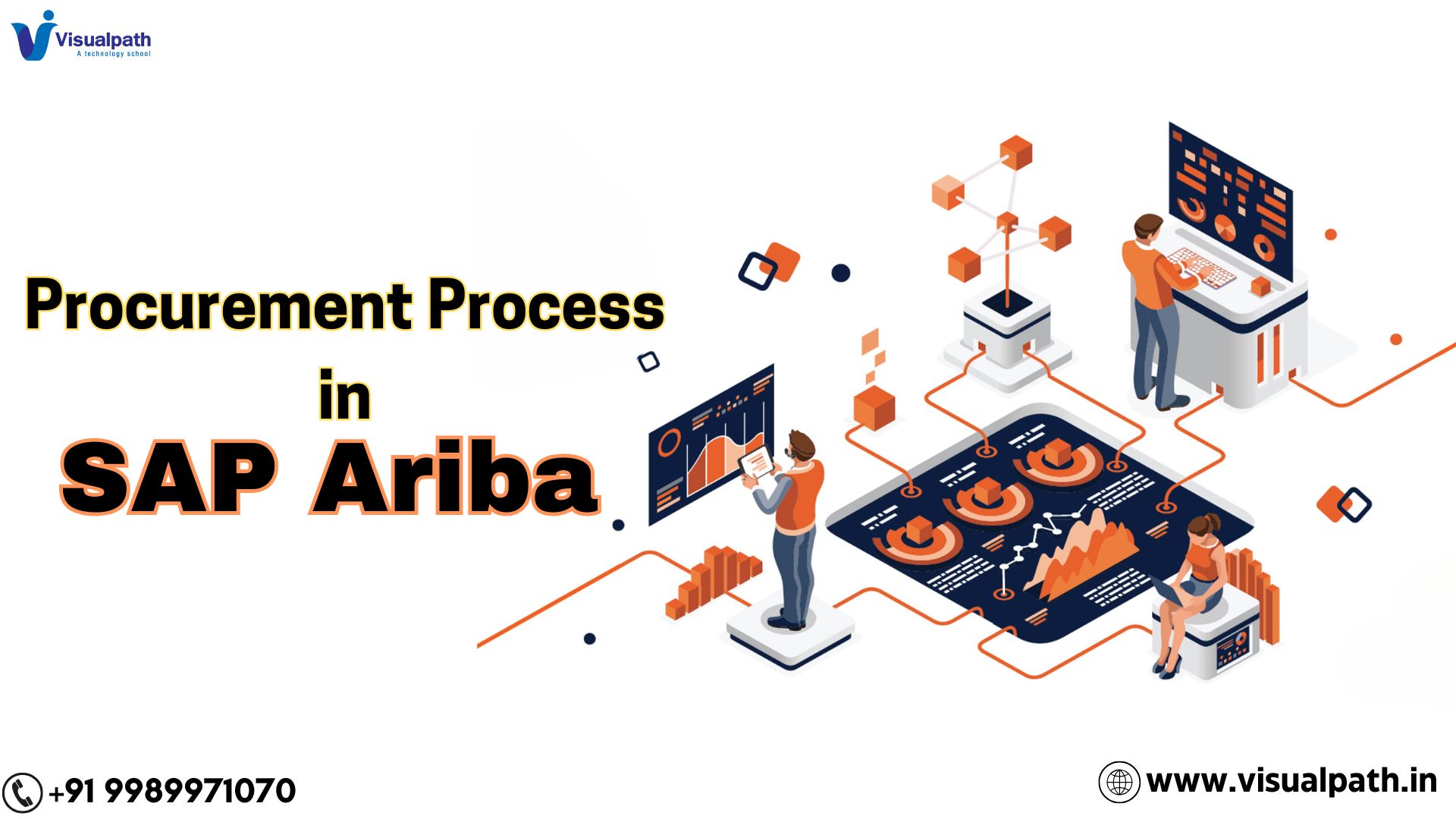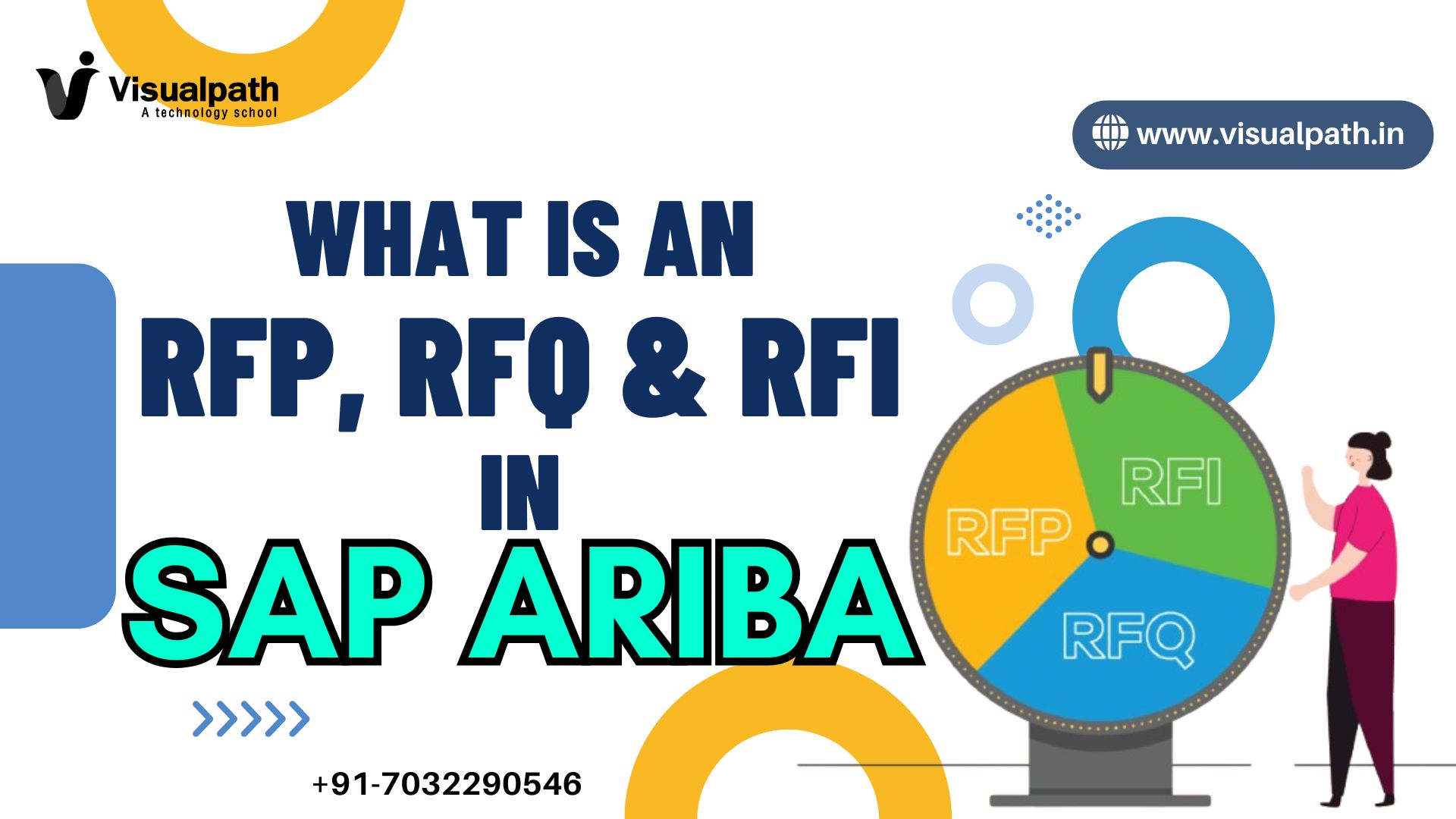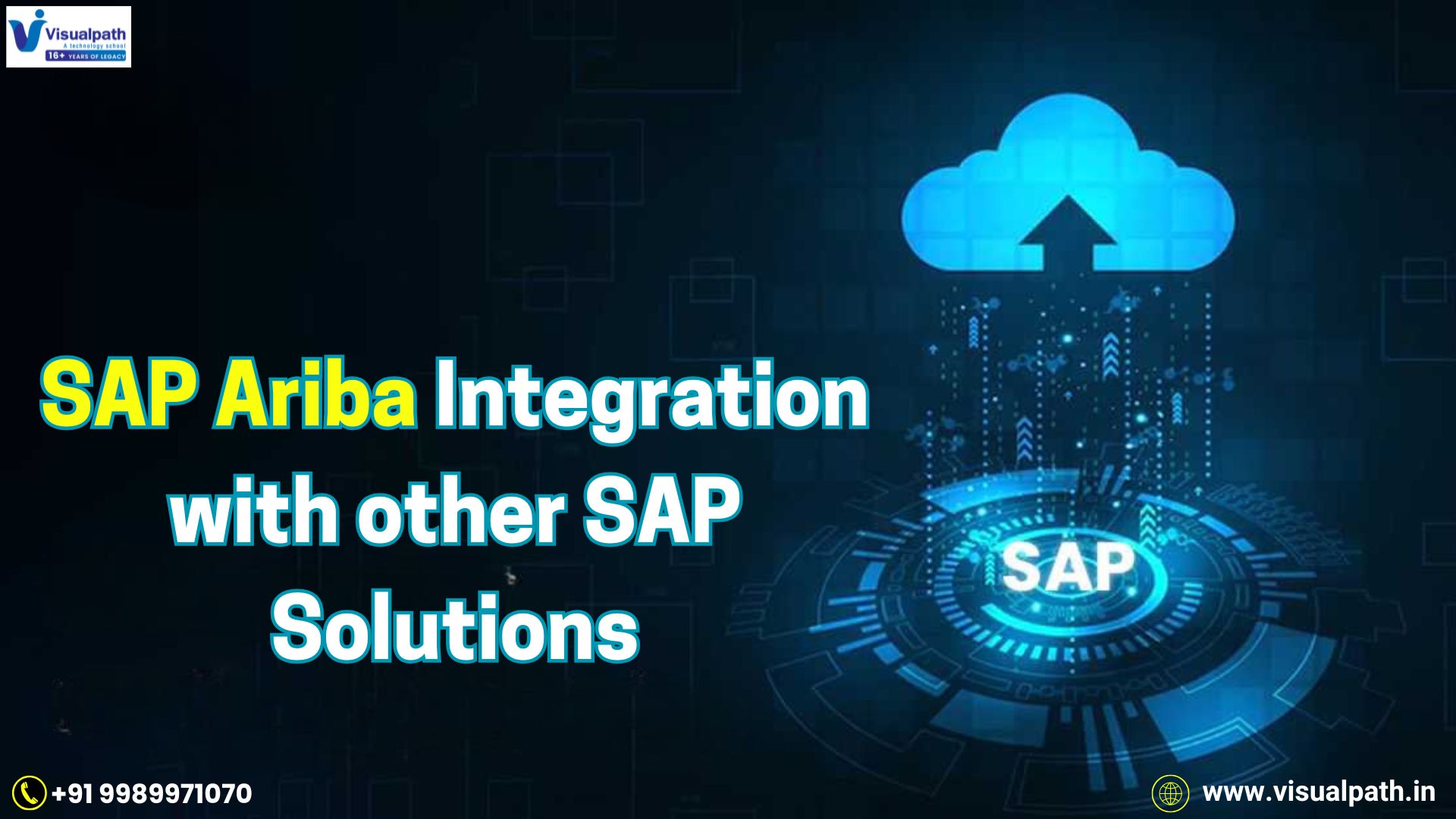SAP Ariba is a leading cloud-based procurement solution that helps organizations manage their procurement processes more effectively. It enables businesses to automate and streamline the entire procurement cycle, from sourcing and purchasing to invoicing and supplier management. Below is a detailed breakdown of the SAP Ariba procurement process.
1. Supplier Discovery and Onboarding
The procurement process begins with identifying potential suppliers. SAP Ariba provides a vast supplier network, giving organizations access to millions of global suppliers. The platform enables businesses to discover suppliers based on various criteria, such as industry, geography, or specific capabilities. SAP Ariba Training
Once the suppliers are identified, the onboarding process begins. SAP Ariba simplifies this process by offering automated supplier registration and management. Suppliers can self-register on the Ariba Network, providing their company details, certifications, and capabilities. This data is then validated and approved by the procurement team.
2. Sourcing
Sourcing involves finding the best suppliers for a specific need, whether for raw materials, services, or goods. SAP Ariba simplifies sourcing by providing a collaborative platform where businesses can issue Requests for Quotations (RFQs), negotiate terms, and evaluate supplier proposals.
Using Ariba’s sourcing tools, procurement teams can create and manage RFQs, send them to selected suppliers, and gather their bids in real time. The system also allows for advanced evaluations based on factors such as cost, quality, and delivery capabilities, which helps businesses make informed sourcing decisions.
3. Contract Management
Once you choose the suppliers, the next step is to create and manage contracts. SAP Ariba offers comprehensive contract management tools that document and store all terms, conditions, and agreements digitally. This minimizes errors and ensures compliance.
The system allows for automatic approval workflows, contract version control, and real-time collaboration between legal and procurement teams. Businesses can easily track contract milestones, renewals, and performance metrics, ensuring that they stay compliant and avoid penalties or missed opportunities.
4. Procurement and Purchasing
With contracts in place, the purchasing process begins. helps businesses create and manage purchase orders (POs) more efficiently. Procurement teams can use the platform to create POs, send them to suppliers, and track order status. SAP Ariba Online Training
SAP Ariba also offers an e-commerce-style shopping experience where employees can browse catalogs, place orders, and receive approval from managers. This increases employee efficiency and ensures that purchases align with organizational goals. Additionally, purchase orders are automatically matched with invoices and receipts, reducing the risk of errors or discrepancies.
5. Supplier Collaboration and Order Management
SAP Ariba enhances supplier collaboration by providing a platform where buyers and suppliers can communicate in real-time. Suppliers can view POs, submit invoices, and track payments directly through the Ariba Network. This transparency reduces miscommunications and fosters stronger supplier relationships.
The order management functionality ensures that orders are fulfilled on time and according to the agreed terms. SAP Ariba tracks the order from creation to delivery, and the system alerts procurement teams and suppliers if there are any delays or issues.
6. Invoice and Payment Management
After delivering goods or services, the next step is to process the invoice. SAP Ariba offers a streamlined invoicing system where suppliers can submit invoices electronically. The system automatically matches these invoices with purchase orders and receipts, ensuring no discrepancies occur. SAP Ariba Course
Once the invoice is verified, the payment process begins. SAP Ariba integrates with financial systems to enable efficient payment processing. The platform also helps businesses manage payments based on contract terms, ensuring that they comply with agreed-upon schedules.
7. Analytics and Reporting
SAP Ariba’s reporting and analytics tools allow businesses to track the performance of their procurement processes. Organizations can generate reports on supplier performance, purchasing trends, cost savings, and contract compliance. These insights help businesses identify opportunities for improvement, negotiate better deals, and optimize their procurement strategies.
Conclusion
The SAP Ariba procurement process provides organizations with an end-to-end solution to manage procurement efficiently. From supplier discovery and sourcing to contract management, purchasing, and payments, helps businesses automate and streamline their procurement processes, ultimately improving cost control, efficiency, and supplier relationships. By integrating these processes within a unified platform, companies can unlock significant value, driving both operational and strategic success.
Visualpath is the Best Software Online Training Institute in Hyderabad. Avail complete SAP Ariba Training worldwide. You will receive the best course at an affordable cost. For More Information Click Here




